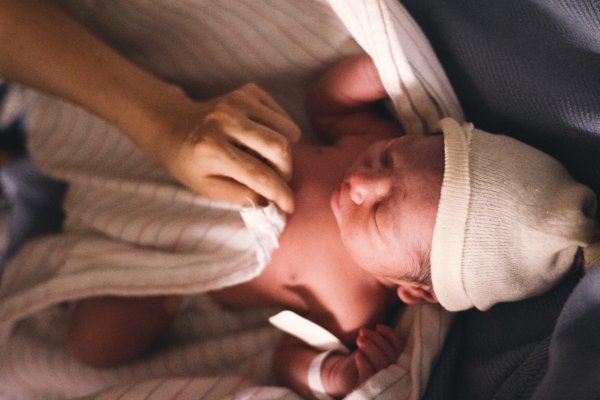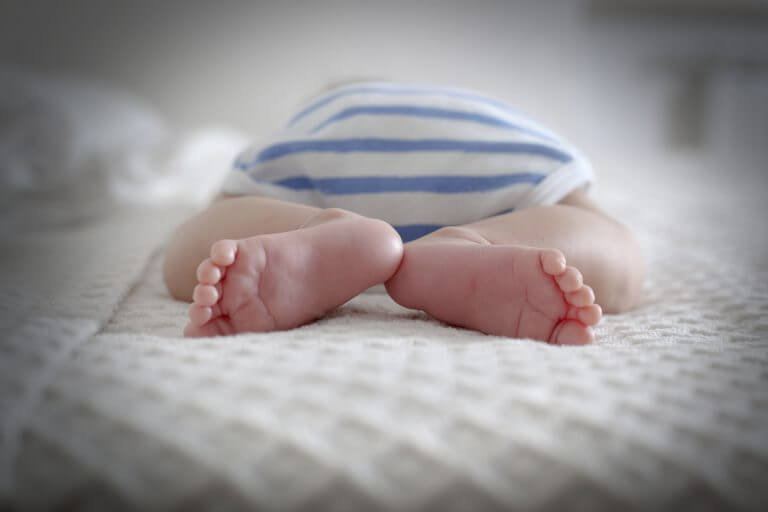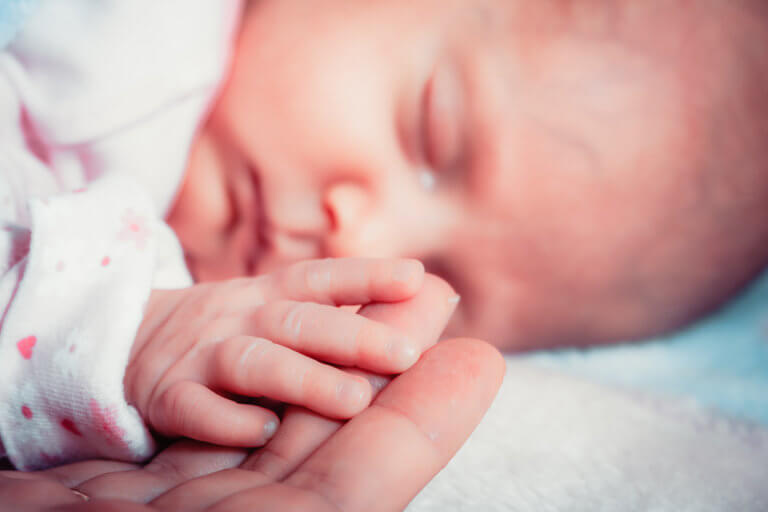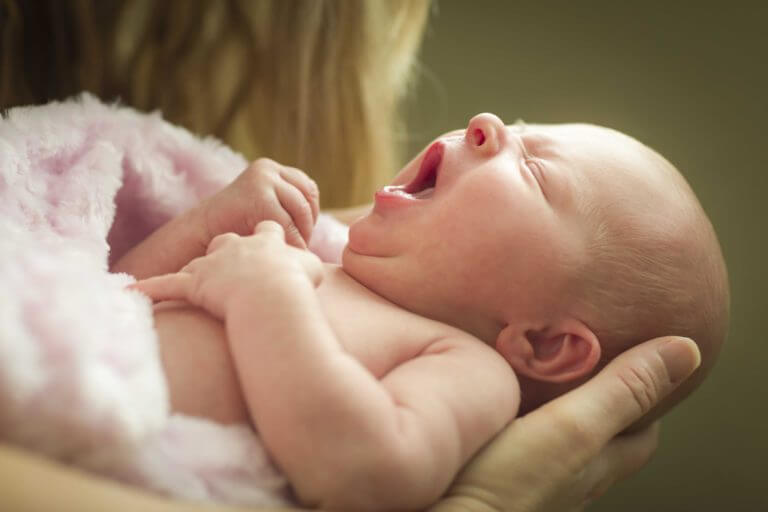Delaying Baby’s First Bath: Shown to Increase Breastfeeding Rates
There are a number of things that can be implemented or avoided to increase breastfeeding
rates for new babies. These things range from baby being held skin-to-skin for at least the first
hour immediately following birth, to opting not to send your newborn to the hospital nursery, to
having a birthing team that is supportive of breastfeeding, among a host of other
recommendations. This past January, something additional was added to the list: delayed
bathing.
Recently, a study at the Cleveland Clinic, has determined that there is a link between delaying a newborn’s first bath and an increase in exclusive breastfeeding rates. While the traditional hospital-protocol has baby
being bathed very shortly after birth, this study of about 1,000 newborns showed an eight
percent increase in exclusive-breastfeeding rates for babies whose baths were delayed by at
least twelve hours following birth.
The reasoning behind this correlation is thought to be three-fold: scent, increased skin-to-skin contact, and temperature regulation.
Scent
There have been prior studies that point to the idea that the scent of amniotic fluid left on baby’s skin after birth is similar to that of mother’s breast. By leaving the baby unbathed, this allows baby to use its own familiar scent as a guide to locate and take to mother’s breast for the first
feeding. This provides for a solid-latch to the breast and for successful breastfeeding-initiation.
Increased Skin-to-Skin
What may seem very obvious but is still significant, is that keeping baby with Mom after birth
rather than sending baby away with a nurse for a bath is that Mom and baby are able to have
that much more skin-to-skin contact. It is now widely known that keeping baby directly on Mom’s
chest after birth and even for the months succeeding birth definitely lends to an increase in
nursing and milk production. So, having that extra time to hold baby skin-to-skin directly after
birth can make a big difference in the long-term success of that breastfeeding relationship.
Temperature Regulation
While the increase in skin-to-skin alone also lends to helping baby’s temperature remain
regulated, the absence of immediate bathing also has an effect. One may think a warm bath
wouldn’t cause temperature issues, however it does cause a decrease in temperature which is
not ideal for a newborn. A decrease in temperature of even just one degree diverts energy and
oxygen to increasing temperature. Both that energy and oxygen are better-spent on other bodily
processes such as feeding and healthy respiration.
This study has prompted the Cleveland Clinic to rewrite their newborn-bathing protocol and now
they encourage parents to wait at least twelve full hours for baby’s first bath. Even in a case
where parents prefer an earlier bath, the hospital asks that bathing be delayed for two hours
after-birth. It is encouraging that something so simple is linked to an increase in exclusive
breastfeeding. At a time when new parents may feel like it’s difficult to keep up with all the
recommendations, this is one that takes no effort and even provides extra newborn snuggles.
It’s a win-win situation for all involved!






